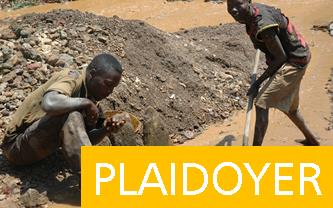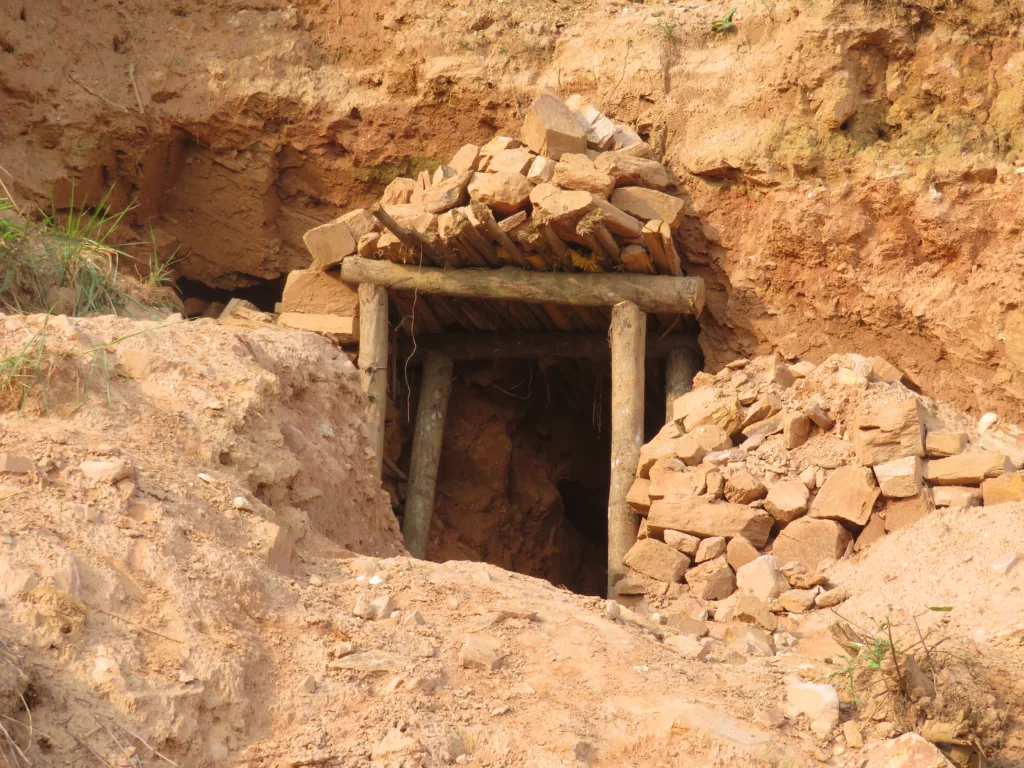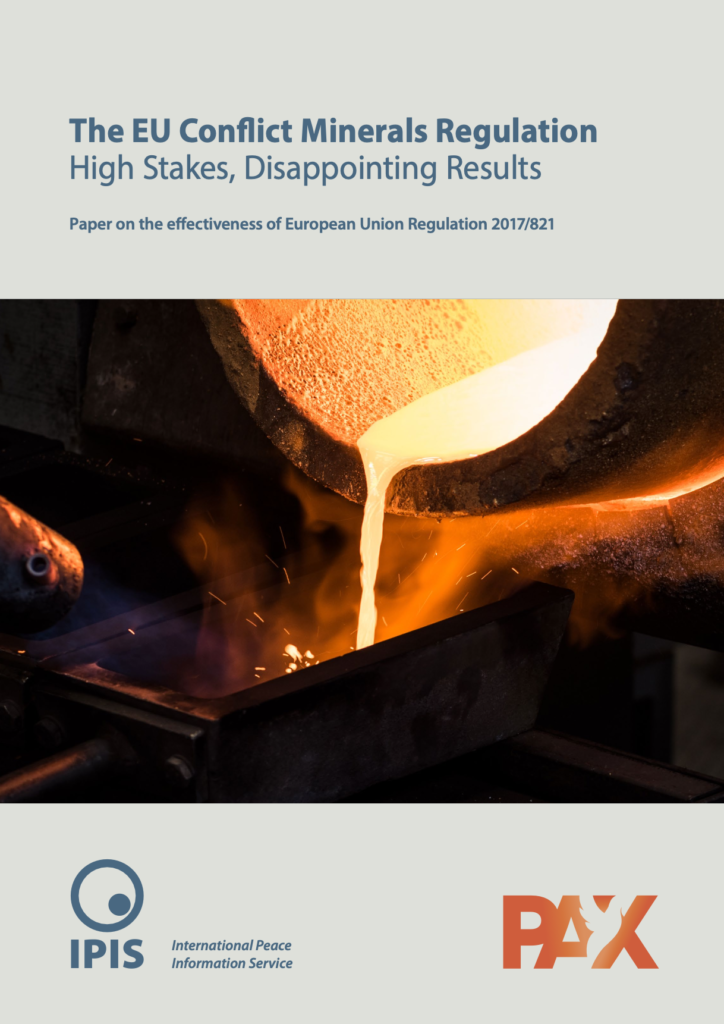In May 2015, the European Parliament voted to require all European manufacturers and importers of components and final products containing four minerals, such as mobile phones or cars, to check their supply chains to make sure they don’t fuel conflicts. During the current Trialogue negotiations between the European Parliament, Council of the European Union and European Commission, European Member States and EU political leaders have a historic opportunity to secure this key achievement as well as to further strengthen the European Parliament text.
- Consistency in the range of natural resources covered.
- Shared responsibility by companies along the entire supply chain, from extractives companies to importers, suppliers and end-users that trade products containing natural resources.
- A mandatory due diligence system that follows best practices of the related OECD guidance, for undertaking and publicly reporting on efforts to source responsibly”.
« An ongoing risk management process…in order to identify, prevent, mitigate and account for how [a company] addresses its adverse human rights impacts. It includes four key steps: assessing actual and potential human rights impacts; integrating and acting on the findings; tracking responses; and communicating about how impacts are addressed. »Due diligence is a practical and flexible tool. It focuses on what a company should do to assess and manage risks in its supply chain, not where it should do business. It recognises that a range of individual factors will affect a company’s response to a risk, such as its position in the supply chain, size and leverage over suppliers. It takes a risk-based approach—efforts to investigate and manage risks should be on a case by case basis, tailored to the risks companies face in practice. It is based on companies making reasonable, proactive efforts and continual improvement. There are many examples from around Europe, such as the Due Diligence law proposal in France or the Modern Slavery Act in the United Kingdom, that show a clear trend to better regulate the activities of companies, so as to prevent their involvement in human rights abuses while giving guarantees to citizens that they are not complicit through their purchases. In the Encyclical letter Laudato Si (May 2015), Pope Francis underlines that a due diligence approach should be a prerequisite to any economic activities:
“In any discussion about a proposed venture, a number of questions need to be asked in order to discern whether or not it will contribute to genuine integral development. What will it accomplish? Why? Where? When? How? For whom? What are the risks? What are the costs? Who will pay those costs and how?” (para 185)
- Supporting a Regulation that requires all companies first placing covered minerals on the EU market —whether as raw materials or within products— to source responsibly, consistent with the OECD Due Diligence Guidance.
- Supporting a Regulation that reflects the flexible and progressive nature of due diligence. Standards should be based on “reasonable” efforts and continual improvement, and tailored to a company’s individual circumstances, such as its position in the supply chain, size and influence over suppliers.
- Strengthening the upstream provisions in the Parliament’s proposal and invite the Commission, OECD or other bodies to develop tools and guidance to assist upstream companies in meeting their obligations.
- Translating the downstream standards in the OECD Due Diligence Guidance into legal text, and invite the Commission, OECD or other bodies to develop tools and guidance to assist downstream companies in meeting their obligations.
- Extend the monitoring and enforcement provisions to cover all companies included within the scope of the regulation, including downstream companies that first place covered minerals on the internal market, and invite the Commission to provide guidance to ensure a harmonized and workable approach.
- Strengthen the accompanying measures so that they better address potential development challenges linked to implementation, such as those faced in the artisanal and informal mining sectors.
- Include a mechanism that allows other minerals and natural resources to be added to the scope of the regulation at a later date, as is the case under similar legislation in the US.
“The entire mining sector is decisively called to effect a radical paradigm shift to improve the situation in many countries. To this change a contribution can be made by the governments of the home countries of multinational companies and of those in which they operate, by businesses and investors, by the local authorities who oversee mining operations, by workers and their representatives, by international supply chains with their various intermediaries and those who operate in the markets of these materials, and by the consumers of goods for whose production the minerals are required. All these people are called upon to adopt conduct inspired by the fact that we constitute a single human family, “that everything is interconnected, and that genuine care for our own lives and our relationships with nature is inseparable from fraternity, justice and faithfulness to others”.






